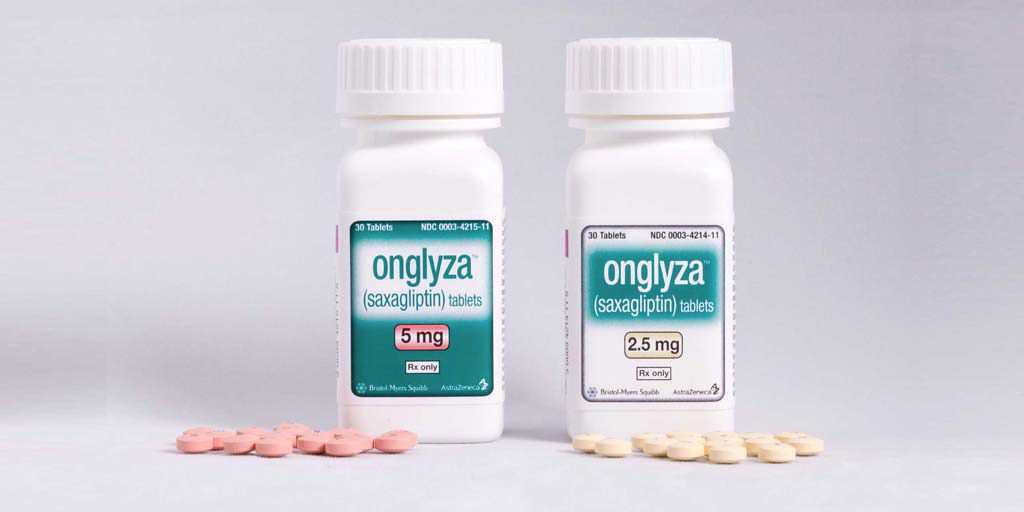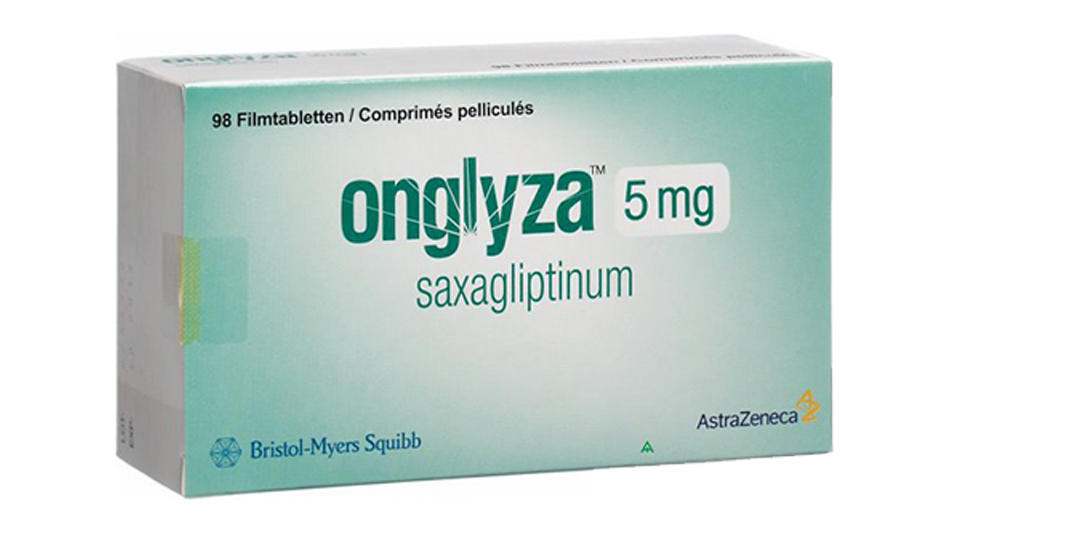Written by April Klazema
Onglyza Heart Failure Complications
On July 21, 2009, the Food and Drug Administration approved saxagliptin, a drug marketed under the trade names Onglyza and Kombiglyze XR by its developers Bristol-Myers Squibb and AstraZeneca. Targeted at assisting type 2 diabetics to manage their ailment, Onglyza has since been shown to increase by at least 27% the possibility that patients will require hospitalization for complications related to heart failure. By 2017, both companies faced more than a dozen lawsuits from plaintiffs who alleged AstraZeneca ignored — or did not investigate — the drug’s effect on cardiovascular health.
A year later in February of 2018, docket reporting indicated the number of active suits concerning Onglyza had grown to 84. By July of the same year, that number had exceeded 200 as more individuals confront saxagliptin’s risks and ramifications. If you or a loved one is or has been taking Onglyza, understanding all the facts and what your options may be is very important.
What is Onglyza, AKA Saxagliptin?
Type 2 diabetes is a common concern, with almost 1.5 million new cases diagnosed in the United States every year. Characterized by increased physical resistance to insulin and its ability to regulate blood sugar, this disease increases the risk of nerve damage, damage to the kidneys, and even the potential to lose extremities due to complications. A wide variety of pharmaceutical products exist to help address various aspects of this disease. Onglyza is one, intended for use with changes in the patient’s diet and exercise habits. In some cases, it is administered as part of a combination drug therapy.
The active compound in the drug, saxagliptin, works by stimulating the body’s natural ability to create insulin through specialized cells called incretins. In other words, Onglyza attempts to treat type 2 diabetes by causing the body to produce enough insulin to overcome the body’s resistance. In combination with lifestyle changes, the aim is to preclude the possibility of kidney damage. However, other types of drugs in this class, called “incretin mimetics” for their ability to act like natural incretics, have faced recalls in Europe and widespread concerns over side effects more severe than anticipated. These are the same concerns now levelled at Onglyza through ongoing litigation.

Typical and Expected Side Effects
Like all drugs, however, some side effects are considered “normal” or “expected,” and received sufficient study and documentation during the trial process for the FDA to grant its approval. Typically, individuals who take Onglyza can expect to experience some side effect symptoms, such as:
- Headaches
- Upper respiratory or urinary tract infections
- Nasopharyngitis
- Bloating
A growing number of patients who have relied on Onglyza now allege that the risk of other, more serious side effects was negligently concealed or downplayed during the initial FDA review process. While some patients report the development of pancreatic and thyroid cancers as a result of taking Onglyza, by far the most widespread concern involves an elevated risk of heart and/or kidney failure, especially for those already suffering from diseases of these organs. Typical signs of heart failure can include:
- Shortness of breath, especially during routine activity
- Unusual fatigue or persistent exhaustion
- Sudden weight gain accompanied by swelling, especially in the legs or stomach area
Do not abruptly discontinue medication without advice and consent from your doctor; seek medical assistance without delay if you take Onglyza and experience any of these symptoms.
Heart Failure Concerns Prompt Litigation
Given the FDA’s own 2008 guidance that drugs should not unacceptably raise cardiovascular risks, more patients and doctors expressed concern. A 2013 paper published in the New England Journal of Medicine examined more than 16,000 patients and concluded that while Onglyza itself was not directly responsible for adverse cardiac events, it did significantly increase how frequently patients went to the hospital for heart failure-related problems. The researchers concluded that the increased risk required further study and more vigilance from doctors in managing said risk.
By 2014, the FDA announced that it would take another look at Onglyza with a thorough review of the full clinical trial data. The result of this review was the determination of a small increase in the risk of hospitalization versus patients who received a placebo. In the FDA’s view, this increased risk did not outweigh the potential advantages of administering Onglyza, and thus the drug retained its approval and remains available for sale.
New Black Box Labels and Ongoing Events
While the FDA did not act against Onglyza’s developers and issued no recall, they did recommend the inclusion of a stronger warning concerning the risks. In 2016, the agency took more direct action, mandating a new black box warning label concerning the increased risk of heart failure for not only Onglyza and Kombiglyze XR but also several other drugs for the treatment of diabetes. By the following year, though, the first lawsuits against Bristol Myers-Squibb and AstraZeneca began.
A suit filed in the Southern District of Texas alleges that during drug development, the manufacturers ignored FDA guidance about minimizing cardiovascular risks carried by new drugs. In fact, the filing contends that in their rush to market the manufacturers did not carry out the necessary heart-related studies whatsoever.
The plaintiff in the case says that as a result of these actions and the drug’s availability on the market, he suffered severe and permanent deleterious health effects. AstraZeneca maintains that the company carried out all its required due diligence. Nonetheless, dozens and then hundreds more lawsuits quickly flooded into the courts as more patients from the 2010-2015 period before the new warnings sounded the alarm about their conditions.
Should You Seek an Attorney for an
Onglyza-related Claim?
Onglyza-related Claim?
Individuals who took Onglyza before the inclusion of the new warnings may be eligible to file or join a lawsuit related to the drug makers’ alleged malfeasance. However, drug liability litigation is many-layered and complex, and navigating these murky waters requires a clear understanding of the law, your case, and the state of other ongoing lawsuits. For these reasons, if you believe you may have a valid claim related to undisclosed saxagliptin side effects from heart failure to certain types of cancer, it is essential you connect with an experienced legal professional.
Sources
https://www.webmd.com/drugs/2/drug-152753/onglyza-oral/details
https://www.fda.gov/Drugs/DrugSafety/ucm486096.htm
https://www.fiercepharma.com/pharma/az-bms-slapped-14-lawsuits-over-onglyza-heart-failure-risks
https://www.drugs.com/history/onglyza.html
https://www.drugs.com/nda/onglyza_090402.html
http://www.diabetesincontrol.com/fda-extends-review-timeline-for-onglyzasaxagliptin-by-90-days/
https://www.spglawfirm.com/defective-drugs/onglyza-lawsuit/
https://www.everydayhealth.com/drugs/onglyza
https://www.centerwatch.com/drug-information/fda-approved-drugs/drug/1042/onglyza-saxagliptin

Get A Free Onglyza Case Evaluation
If you or a loved one have taken Onglyza and suffered heart failure or death you may be eligible for financial compensation.


